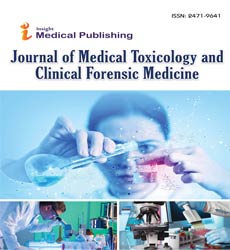Abstract
Shortcomings and limitations of forensic science and digital forensics in particular on Latin America and the current situation in Argentina
A quick analysis of the legal system’s reliance on forensic science evidence in criminal prosecutions and examines how existing adversarial process for admitting this type of evidence demonstrate that the current situation is inadequate. All across Latin America, and particularly in Argentina, the rules governing the admissibility of forensic evidence are very vague and have lesser requirements regarding the applicable standards governing appellate review of trial court decisions based on Forensic evidence than, for instance, USA, Canada, Europe, or Australia. Furthermore, digital forensic laboratories vary between the data reported and the steps they take to verify the safeguarding of the evidence received and subsequent control of said step with regard to the preservation of the chain of custody, the extent of their reports, the quality certifications that the institutions to which they belong have or lack, and the participation given to the defendant´s expert witness, especially in the use of premium digital forensic analysis tools, etc., remaining at the discretion of the institution since there are no specific regulations
Author(s):
Lic Olga Haydee Fernandez Chavez
Abstract | Full-Text | PDF
Share this

Google scholar citation report
Citations : 177
Abstracted/Indexed in
- Google Scholar
- SafetyLit
- China National Knowledge Infrastructure (CNKI)
- Directory of Research Journal Indexing (DRJI)
- WorldCat
- Publons
Open Access Journals
- Aquaculture & Veterinary Science
- Chemistry & Chemical Sciences
- Clinical Sciences
- Engineering
- General Science
- Genetics & Molecular Biology
- Health Care & Nursing
- Immunology & Microbiology
- Materials Science
- Mathematics & Physics
- Medical Sciences
- Neurology & Psychiatry
- Oncology & Cancer Science
- Pharmaceutical Sciences

